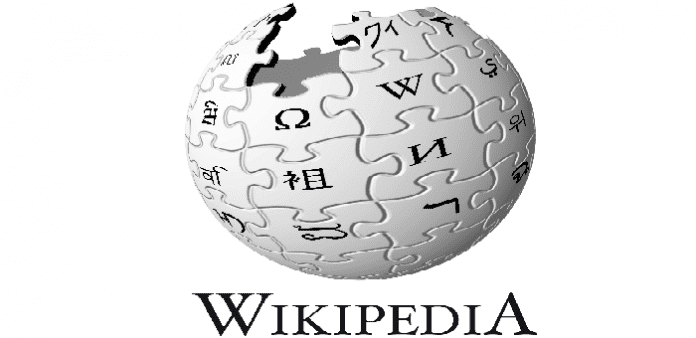Wikimedia Foundation files lawsuit against NSA and DoJ for violation of its First and Fourth Amendment rights
The Wikimedia Foundation which operates the popular online encyclopedia Wikipedia has filed an lawsuit against the National Security Agency (NSA) and the US Department of Justice (DOJ) of United States for violating user privacy.
In a lawsuit it filed on Tuesday in the US District Court for the District of Maryland, Wikimedia accused NSA and DOJ of violating constitutional rights on Wikipedia.
Wikimedia has pleaded that the NSA program surveillance program was a violation of its First Amendment right of free speech and a violation of the Fourth Amendment’s ban on unreasonable search and seizure.
Wikimedia is supported by the American Civil Liberties Union, Human Rights Watch, Amnesty International, and other rights organizations who are co-plaintiffs on the lawsuit.
Wikimedia general counsel Geoff Brigham told CNET that the lawsuit was in the making for past one year since it became known that NSA was engaged in wholesale snooping activities.
Edward Snowden in his leaks had mentioned that Wikipedia was a target of NSA surveillance and that it snooped on Wikipedia users, which Wikimedia says is not acceptable under the constitutional guarantee to it and its users.
“In the course of its surveillance, the NSA copies and combs through vast amounts of Internet traffic, which it intercepts inside the United States with the help of major telecommunications companies,” the ACLU said in a statement on Tuesday. “It searches that traffic for keywords called ‘selectors’ that are associated with its targets. The surveillance involves the NSA’s warrantless review of the emails and Internet activities of millions of ordinary Americans.”
Wikimedia co-founder Jimmy Wales took to New York Times on Tuesday where he wrote an editorial emphasising Wikipedia’s position vis-a-vis NSA snooping.
“On our servers, run by the nonprofit Wikimedia Foundation, those volunteers discuss their work on everything from Tiananmen Square to gay rights in Uganda,” Wales wrote. “Many of them prefer to work anonymously, especially those who work on controversial issues or who live in countries with repressive governments.”
It remains to be seen if the US courts give the decision in favour of Wikimedia and its partners. If it does do that, United States will have to rein in both NSA and DoJ and censure their surveillance activities.

